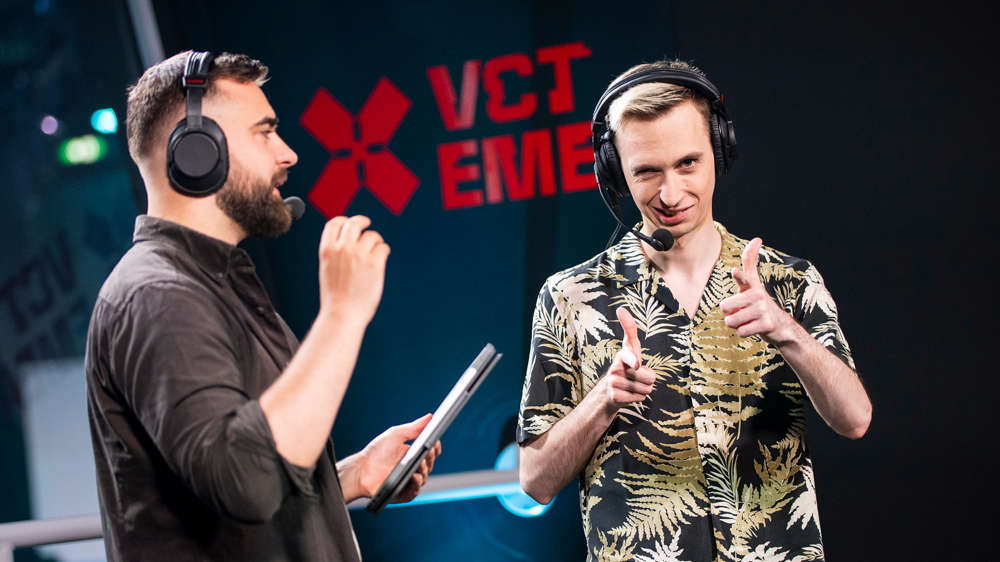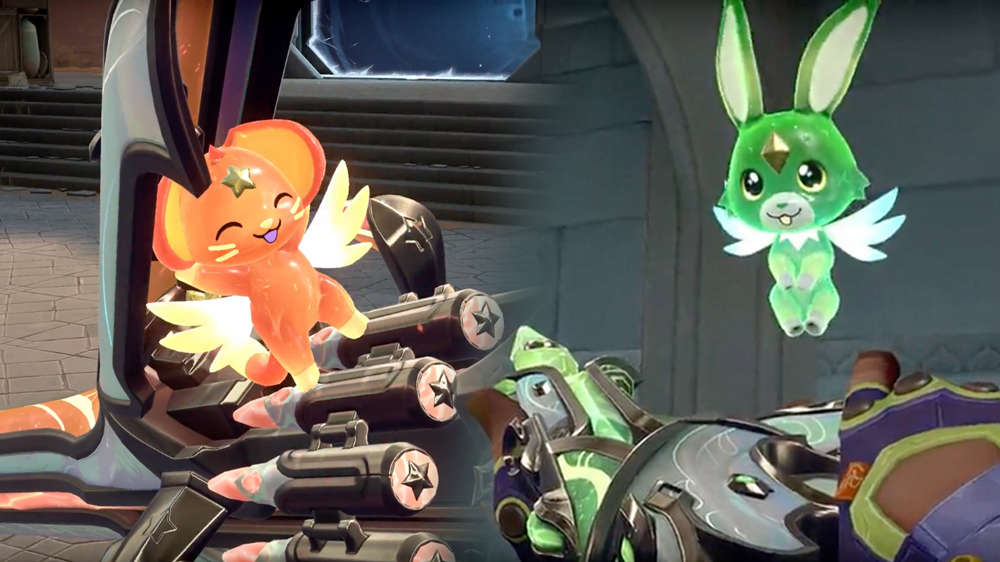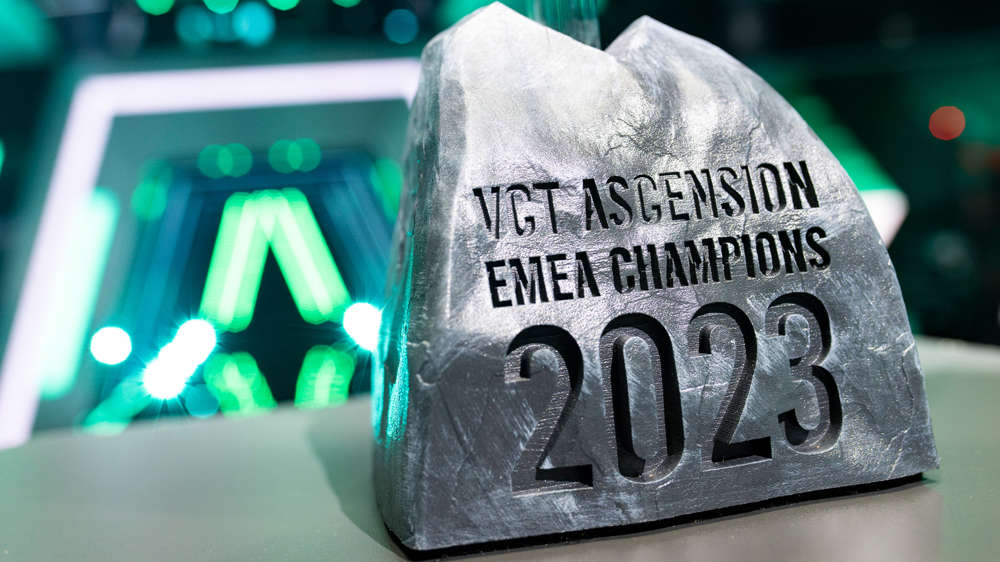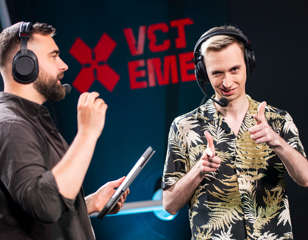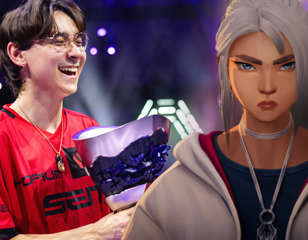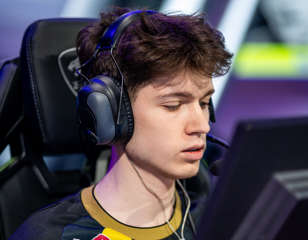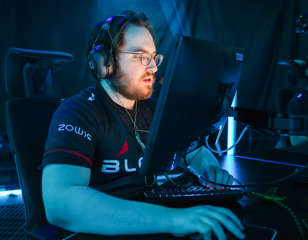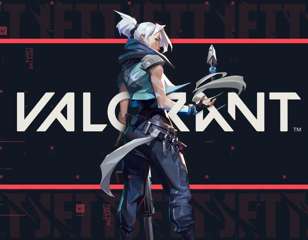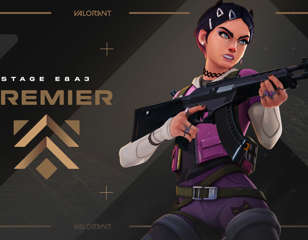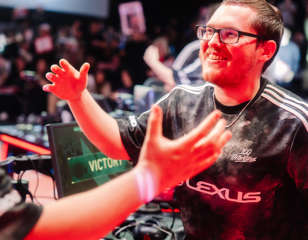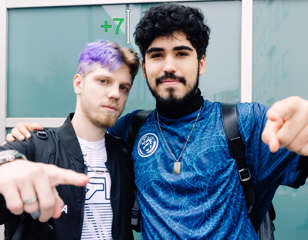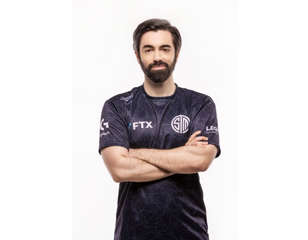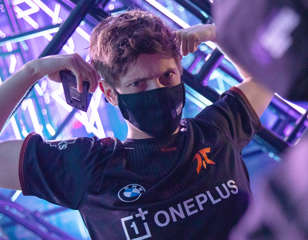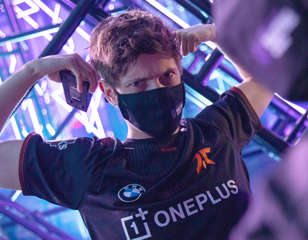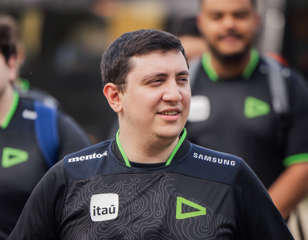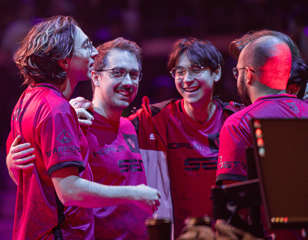Putting Players First: Why Tournament Organisers Are Failing VALORANT Pros
Something needs to be done before VALORANT pros face burn out issues.

Yinsu Collins
27th Jul 2020 19:00
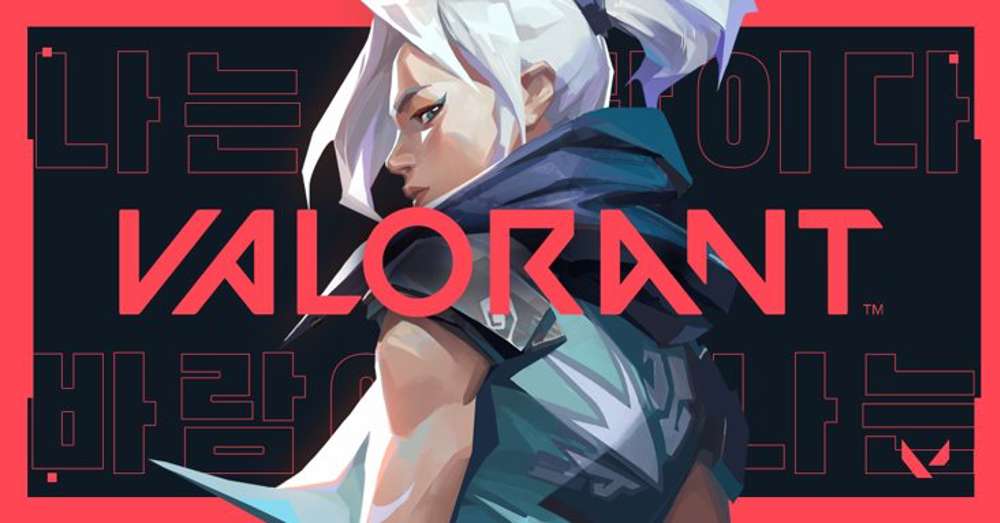
It’s no secret that VALORANT is thriving. Merely two months after the release of Riot Games’ brand new FPS, both casual gamers and pro players have flocked to the addictive and entertaining shooter game. With tournaments of all different sizes taking place almost on a daily basis, pros and aspiring pro players have been grinding for a chance to be noticed and picked up by esports organisations.
However, while the bigger tournaments, particularly Riot’s Ignition Series, have been great platforms for both players and fans, there’s a serious issue that needs to be addressed and improved on to protect the welfare of players.
Burnouts in esports has been a prevalent problem across several titles. Counter-Strike players regularly take breaks and open up about their vigorous playing and travel schedules while players from other games also speak up about their sufferings. While VALORANT is still a new game and there isn’t much travelling to be done in the current global health crisis, players are being forced to play vigorous qualifiers which if not properly regulated, will inevitably lead to burnout issues.
During one of the most recent European Ignition Series, Lithuanian team nolpenki had to play two open qualifiers to get to the main event, and one of their players Vakaris ‘vakk’ Bebravicius shared his experience.
He said: “The first qualifier, we made it to the semi-finals which was about 3am. To be honest, I was tired, my eyes were burning and my head hurt but we were playing for 50k [euros] and one of the biggest tournaments around - so I was trying to stay as focused as I can. The second qualifier, we played till 5am and again we were pretty tired but we knew it was the last chance qualifier so we had to give it our all.”
Keeping in mind that the qualifiers took place on July 13 and 14 and the main event kicked off on July 15, nolpenki had to play around 18 games in the space of three days, with two of those days resulting in players having to stay up past 3am. Some might argue that time difference needs to be factored into this situation and it’s unfortunate that they were located in Lithuania. But even so, 5am in Lithuania would have been 4am Berlin time as Lithuania is just merely one hour ahead of Central European Summer Time.
VALORANT caster Ryan ‘RyanCentral’ Horton gave some of his insight on the situation, and how he feels that the current system is unacceptable for players.
These teams are desperate for their opportunity to shine and get signed to an org so they will jump through as many hoops as necessary.
He said: “Because you have all of these individual organisations running their own events, there is no consistency with how organisations run their formats. Balancing invitations to teams, open qualifiers and just general formats of how the tournament would take place are all things I think every TO has struggled with. We haven’t found the best system for it yet and because of that, I think the viewers and most importantly the players are going to suffer for the time being.
“No team should really put up with playing multiple Bo1s for nine to ten hours in a row to qualify for a tournament. The problem is more the fact that these teams feel like they have to!
“We saw a lot of complaints from players about the WePlay open qualifier because of the amount of games that they had to play but these teams will still play in that qualifier because what choice do they realistically have?”
Despite the strenuous experience vakk and his teammates had to go through in order to qualify for the WePlay main event, vakk admits that he wants to see more tournaments with open qualifiers and ditch the invitational format – provided that there is a cap on how many games players are forced to play.
He said: “I actually prefer playing qualifiers even if it’s rough. Invites are always nice but I think tournaments with no invites are better. It’d be fair for everyone, everyone should get a chance to show how good they are by proving they can qualify you know? But we should keep in mind how many games we are forced to play in a row.
“It really depends on how many teams are involved. If it’s like around 250 teams then I don’t mind playing four games in a row but if it’s only 32 teams, I would prefer to have one game per day so we can prepare against teams too. Two games per day is okay too, but you have to remember that us players and teams don’t just hop on the qualifier and play those games. We have warm-ups and practices, so if a qualifier requires us to play four or five games, we’ve already played one or two or more before it starts, so that’s like six or seven games we’re playing in a row.
“Personally, I think tournaments should cap the games at five games in a row per day especially if you factor in players warming up. It stacks up and we do feel tired and not able to concentrate if we have to play so many so late at night.”
Ryan added: “I did want to say off the bat that inviting teams to these tournaments is not necessarily a bad idea. However, you need to make sure that you’re inviting enough teams whilst also leaving plenty of space for open qualifiers spots. Any tournaments with 8 teams or less will obviously be running into problems because there are going to be teams that aren’t part of the event that should be. Something like a 16-team tournament, 8-12 of which are invited, 4-8 coming through an open qualifier would be the best way to balance it out.”
Indeed, with the rate of tournaments that are taking place at the moment, it’d be impossible to regulate all the small, community-led ones. However, this simply shouldn’t be happening during bigger events, especially Ignition Series competitions where players will understandably do anything in their power to qualify – even if that’s sacrificing their own heal and wellbeing. It’s time that tournament organisers put their players first and listen to their concerns because it’ll only be a matter of time before we see the same burnout issues that have plagued all the titles before VALORANT - and nobody wants that.
Images via Riot Games

About The Author
Yinsu Collins
Yinsu Collins was a freelance contributor to GGRecon.
